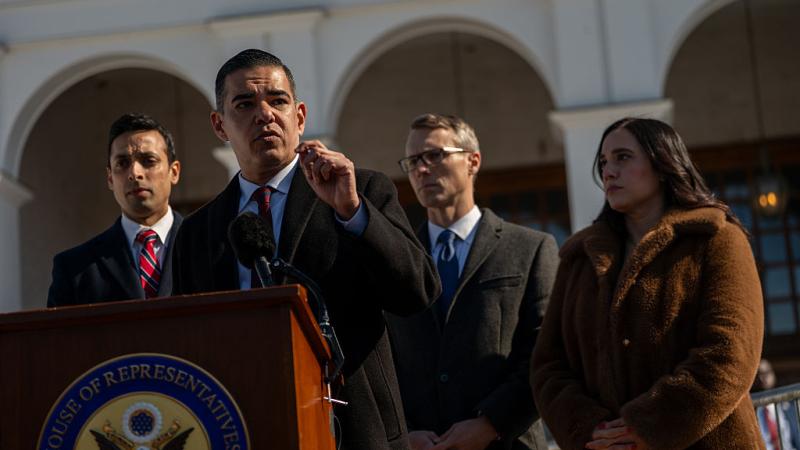West Virginia AG leads coalition of states in filing SCOTUS brief in EPA case on coal mining
The case revolves around interpreting the breadth of the federal agency's ability to unilaterally decarbonize any sector of the economy
West Virginia Attorney General Patrick Morrisey is leading a group of 19 states in filing an opening brief with the Supreme Court in the group's case against the Environmental Protection Agency.
The high court has agreed to consider the states' challenge to an appeals court ruling that the group says would grant the agency essentially unlimited ability to regulate significant parts of everyday life for residents in those states.
The coalition argues a lower court decision will devastate the coal mining industry, in addition to increasing the cost of energy for consumers and eliminating countless jobs.
It further argues the lower court narrowly read a provision of federal law as granting incredibly broad authority to the EPA to unilaterally decarbonize various sectors of the economy.
In addition, the coalition argues the provision was wrongly interpreted and carries such a significant swath of power that it would have to be Congress -- not just the EPA -- that grants an administrative agency such authority.
West Virginia is joined in support for its position by the attorneys general of Alabama, Alaska, Arkansas, Georgia, Indiana, Kansas, Louisiana, Missouri, Montana, Nebraska, Ohio, Oklahoma, South Carolina, South Dakota, Texas, Utah, Wyoming, and GOP Gov. Tate Reeves of Mississippi.
"The question before the Supreme Court is who we want making our nation’s most important, life-changing decisions," Morrisey argues. "Do we want our elected representatives, who are accountable to the people? Or do we want unelected Washington bureaucrats to do whatever they wish?
"If West Virginia prevails, Congress will decide important questions related to our economy, the power grid, climate change and more – just as the Constitution intended it to do. If not, then EPA can arbitrarily implement regulations that increase utility bills, create job losses, close down coal plants and much worse."
Morrisey encouraged the court to take up the case in April, arguing that the appeals court had ignored a February 2016 stay that indicated the high court believes existing law limits the EPA's authority, as opposed to expanding it.












